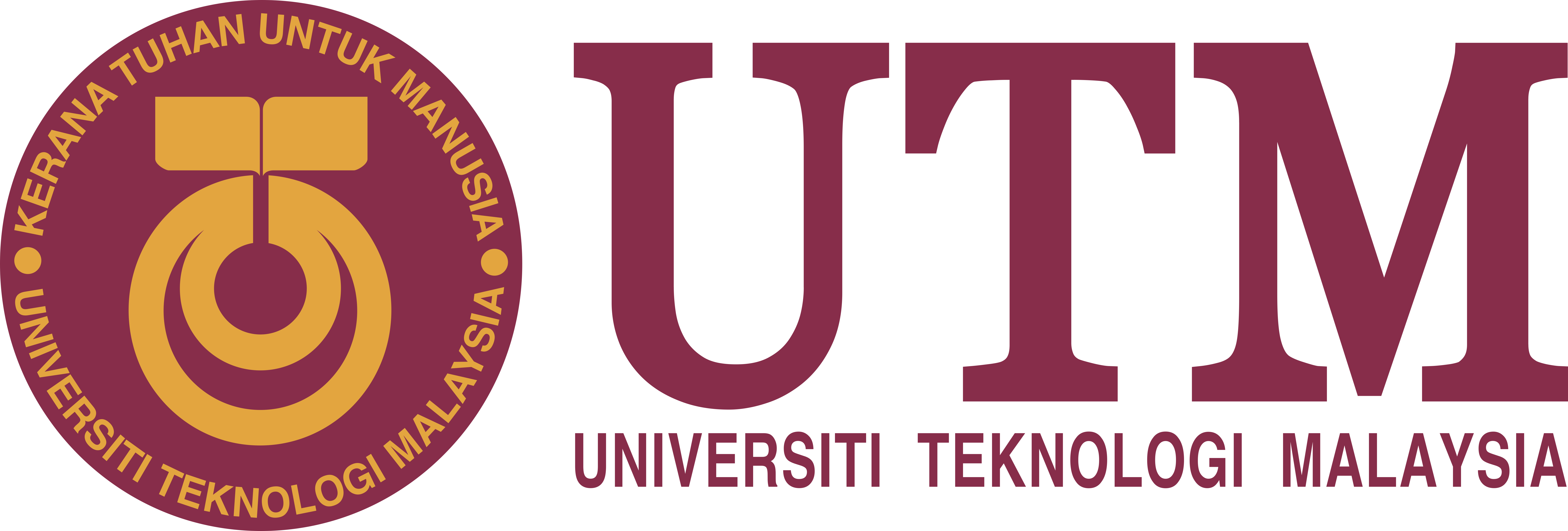Teaching Courses
UKQA 2092 & UKQF 2082 – SAINS KOMUNITI
Service learning combines community service with academic instruction, focusing on critical, reflective thinking and personal and civic responsibility. Service learning programs involve students in activities that address community-identified needs, while developing their academic skills and commitment to their community. This course will enable students to work with government agencies, utilities, and local community to carry out related activities that have science and technology content in the community. Students will work in a group and be able to function effectively in a wide range of social and professional contexts. The development of soft skills will be embedded within the contexts of managing small projects, teamworking and solving community problems. Students are required to make reflections on the community as well as learning experiences.
SSCP 1102 – INTRODUCTION TO PHYSICS
Physics is a fundamental of science. Physics cover a wide range of phenomena from the smallest sub-atomic particles to the largest galaxies. Physics is the scientific study of matter and energy and how they interact with each other. Physicists is a scientist who studies or practices physics. Physics careers involve as a scientist in medical field, industrial and education. The philosophy of physics, is essentially a part of the philosophy of science, which include the philosophy of Einstein, Muslim and Chinese philosophers.
SSCP 4453 – LOW TEMPERATURE PHYSICS AND SUPERCONDUCTIVITY
Founded on outcome-based framework this course introduces the basic knowledge of low temperature physics and many important properties at low temperature phenomena. Students are also introduced with the several significant aspects of the cryogenic world – the cryogens and related cryophysics. Liquid helium and its essential properties which are important in the cryophysics will be discussed in detail. The techniques and methods of achieving low temperatures and measurement at low temperatures will be emphasized. Theory of some notable low temperature phenomena such as superconductivity and super-fluidity will be discussed at length. Basic properties of superconductivity will be described. Students are also will be exposed with many theories of superconductivity such as Gorter and Casimir theory, London theory, Ginzburg-Landau theory and BCS theory. The lecture end with a brief outline on high temperature superconductors and applications of low temperature physics.
SSCP 4623 – MATERIALS SCIENCE
This course introduces to the students basic and important properties of materials. This also includes materials structures and defects that determine the vital properties that can be utilized such as its mechanical, electrical or optical properties. Students are also taught with the important parameters of materials characteristics and methods of testing these parameters. In general this course provides the relationship between the required properties and materials processing to suit certain product application.
SSCP 4493 – METALLURGY
The module provides a general overview of metallurgy, with an emphasis on the major principles of physical metallurgy. The course begins with a brief review of the metals timelines, classification of materials, general and mechanical properties of metals. It covers crystal structures, defects and their movements, diffusion, alloying and solidification, equilibrium phase diagrams and transformation diagrams, ferrous and non-ferrous materials, heat treatments such as cold working, annealing, hardening and tempering. It also includes topics on the interaction of radiations on metal and radiation damage, various experimental tools and techniques – metallography, diffraction technique and thermal analysis with their interpretations of microstructure & properties. Students will also be exposed to manufacturing processes – metal extraction, casting and forging, metal processing – powder synthesis technology, machining and welding, related defects in manufacturing and processing, corrosion kinetics and protection techniques. Students should have a general knowledge on the basic principles on metals processing, diverse manufacturing techniques and the related problems with metals.
